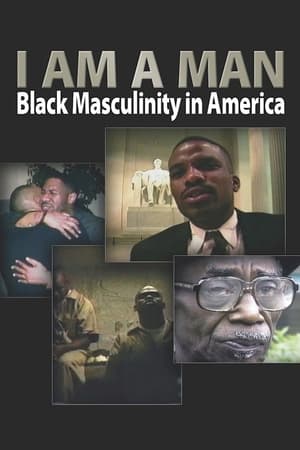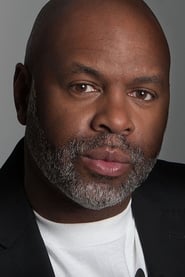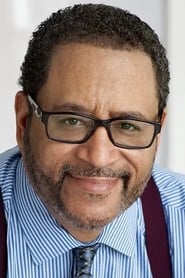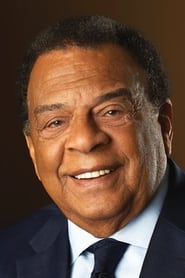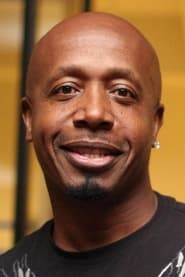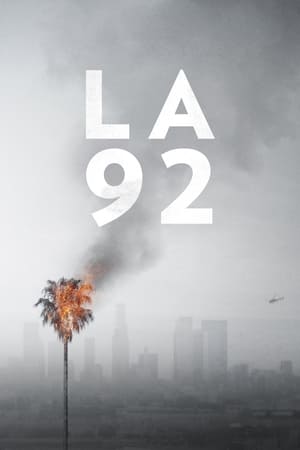
I Am a Man: Black Masculinity in America(1998)
Award-winning filmmaker Byron Hurt explores what it means to be a Black man in America. Traveling to more than fifteen cities and towns across the country, Hurt gathers reflections on Black masculinity from men and women of a variety of socioeconomic backgrounds and a host of leading scholars and cultural critics. What results is an engaging and honest dialogue about race, gender, and identity in America. Features bell hooks, Michael Eric Dyson, John Henrick Clarke, Kevin Powell, Andrew Young, Dr. Alvin Poussaint, MC Hammer, Jackson Katz, and many others.
Movie: I Am a Man: Black Masculinity in America
Top 9 Billed Cast
Self
Self
Self
Self
Self
Video Trailer I Am a Man: Black Masculinity in America
Similar Movies
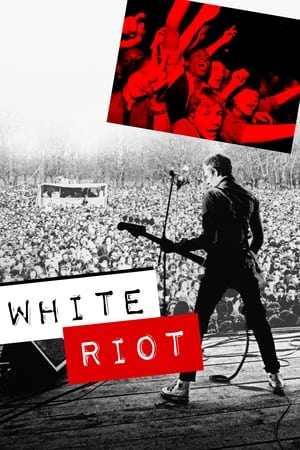 7.2
7.2White Riot(en)
Exploring how punk influenced politics in late-1970s Britain, when a group of artists united to take on the National Front, armed only with a fanzine and a love of music.
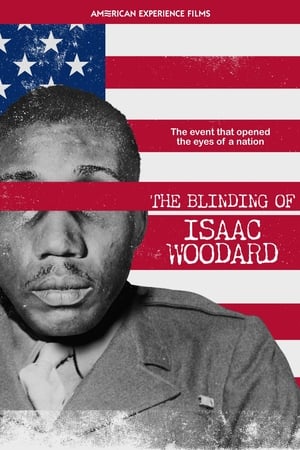 0.0
0.0The Blinding of Isaac Woodard(en)
In 1946, Isaac Woodard, a Black army sergeant on his way home to South Carolina after serving in WWII, was pulled from a bus for arguing with the driver. The local chief of police savagely beat him, leaving him unconscious and permanently blind. The shocking incident made national headlines and, when the police chief was acquitted by an all-white jury, the blatant injustice would change the course of American history. Based on Richard Gergel’s book Unexampled Courage, the film details how the crime led to the racial awakening of President Harry Truman, who desegregated federal offices and the military two years later. The event also ultimately set the stage for the Supreme Court’s landmark 1954 Brown v. Board of Education decision, which finally outlawed segregation in public schools and jumpstarted the modern civil rights movement.
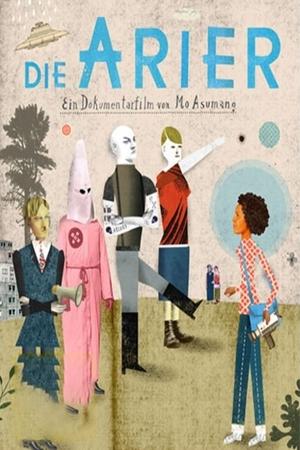 6.6
6.6The Aryans(de)
THE ARYANS is Mo Asumang's personal journey into the madness of racism during which she meets German neo-Nazis, the US leading racist, the notorious Tom Metzger and Ku Klux Klan members in the alarming twilight of the Midwest. In The ARYANS Mo questions the completely wrong interpretation of "Aryanism" - a phenomenon of the tall, blond and blue-eyed master race.
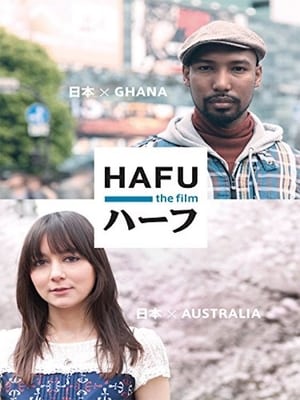 6.8
6.8Hafu(es)
A journey into the intricacies of mixed-race Japanese and their multicultural experiences in modern day Japan. For some hafus, Japan is the only home they know, for some living in Japan is an entirely new experience, and the others are caught somewhere between two different worlds.
 8.0
8.0Rise Again: Tulsa and the Red Summer(en)
Comes one hundred years from the two-day Tulsa Massacre in 1921 that led to the murder of as many as 300 Black people and left as many as 10,000 homeless and displaced.
 0.0
0.0Good Men(en)
After the birth of his grandson, Bobby Roth undertakes a cinematic investigation as to what constitutes being a "good man" in today's world. This voyage of discovery leads him to interview more than fifty of his friends, both men and women who he considers to be "good people," about their views on everything from how they were parented to their thoughts on feminism, change, and regrets they might have. Their answers both surprises and enlighten both the viewers and Bobby, himself.
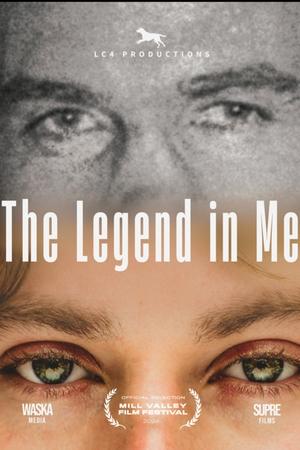 0.0
0.0The Legend in Me(en)
Living in the shadow of Canadian sports legend Lionel Conacher (1900–1954), whose legacy spans five sports, is a daunting challenge for any relative. For great-grandchild Lionel IV, better known as Chas, that challenge extends beyond athletics into the realm of self-discovery. As a non-binary individual navigating identity in the 21st century, Chas explores both the weight of their family’s star-athlete lineage and the evolving landscape of queer identity in a documentary that bridges nostalgia with forward-looking reflection.
 7.5
7.5Bowling for Columbine(en)
This is not a film about gun control. It is a film about the fearful heart and soul of the United States, and the 280 million Americans lucky enough to have the right to a constitutionally protected Uzi. From a look at the Columbine High School security camera tapes to the home of Oscar-winning NRA President Charlton Heston, from a young man who makes homemade napalm with The Anarchist's Cookbook to the murder of a six-year-old girl by another six-year-old. Bowling for Columbine is a journey through the US, through our past, hoping to discover why our pursuit of happiness is so riddled with violence.
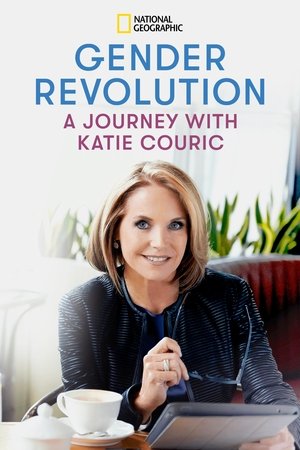 5.9
5.9Gender Revolution: A Journey with Katie Couric(en)
Katie Couric travels across the U.S. to talk with scientists, psychologists, activists, authors and families about the complex issue of gender.
 6.4
6.4Yusuf Hawkins: Storm Over Brooklyn(en)
The 30-year legacy of the murder of black teenager Yusuf Hawkins by a group of young white men in Bensonhurst, Brooklyn, as his family and friends reflect on the tragedy and the subsequent fight for justice that inspired and divided New York City.
 6.5
6.5Killing the Indian in the Child(fr)
The Indian Act, passed in Canada in 1876, made members of Aboriginal peoples second-class citizens, separated from the white population: nomadic for centuries, they were moved to reservations to control their behavior and resources; and thousands of their youngest members were separated from their families to be Christianized: a cultural genocide that still resonates in Canadian society today.
 7.1
7.1There's Something in the Water(en)
Elliot Page brings attention to the injustices and injuries caused by environmental racism in his home province, in this urgent documentary on Indigenous and African Nova Scotian women fighting to protect their communities, their land, and their futures.
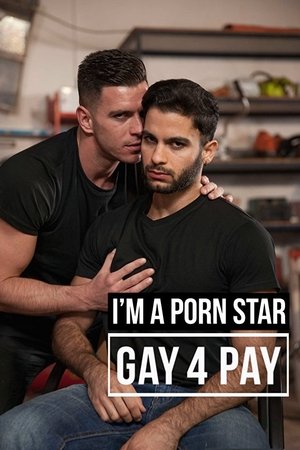 7.2
7.2I'm a Porn Star: Gay 4 Pay(en)
Welcome to the curious, surprising and always outspoken world of straight men who go Gay4Pay. Curiously, there is a disproportionate percentage of men working in gay porn who identify as straight. Why would a straight man do gay porn? What motivates him to try this or make a career of it? Why is there such keen interest and debate into the sexuality and personal lives of these men? And what does it say about us, the viewer that so much of gay porn is dominated by images of straight men?
 8.0
8.0Who We Are: A Chronicle of Racism in America(en)
Jeffery Robinson's talk on the history of U.S. anti-Black racism, with archival footage and interviews.
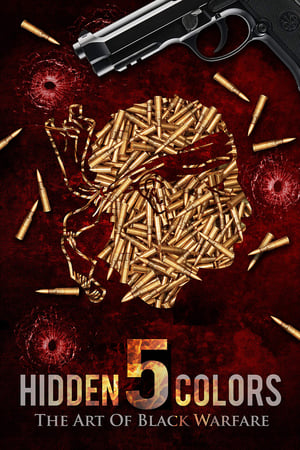 6.3
6.3Hidden Colors 5: The Art of Black Warfare(en)
The history of warfare as it relates to global Black society, broken down into 7 chapters that examines the ways the system of racism wages warfare from a historical, psychological, sexual, biological, health, educational, and military perspective.
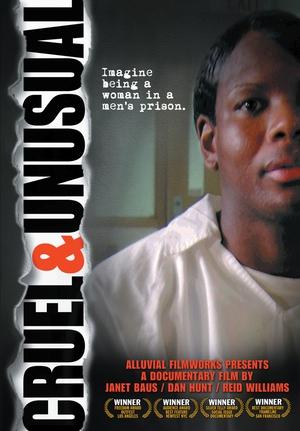 5.5
5.5Cruel and Unusual(en)
Five transgender women share their prison experiences. Interviews with attorneys, doctors, and other experts are also included.
 8.0
8.0Don't Break Down: A Film About Jawbreaker(en)
In 2007, 11 years after one of the most influential American punk bands, Jawbreaker, called it quits, the three members, Blake Schwarzenbach, Chris Bauermeister, and Adam Pfahler reconnect in a San Francisco recording studio to listen back to their albums, reminisce and even perform together one last time. Follow the band as they retell their "rags to riches to rags" story writhe with inner band turmoil, health issues, and the aftermath of signing to a major label. Featuring interviews with Billy Joe Armstrong, Steve Albini, Jessica Hopper, Graham Elliot, Chris Shifflet, Josh Caterer and more.
 0.0
0.0Obaida(en)
OBAIDA, a short film by Matthew Cassel, explores a Palestinian child’s experience of Israeli military arrest. Each year, some 700 Palestinian children undergo military detention in a system where ill-treatment is widespread and institutionalized. For these young detainees, few rights are guaranteed, even on paper. After release, the experience of detention continues to shape and mark former child prisoners’ path forward.
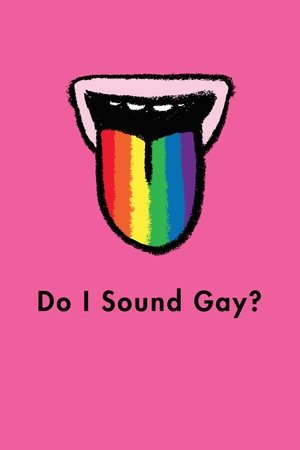 5.6
5.6Do I Sound Gay?(en)
What makes a voice “gay”? A breakup with his boyfriend sets journalist David Thorpe on a quest to unravel a linguistic mystery.
